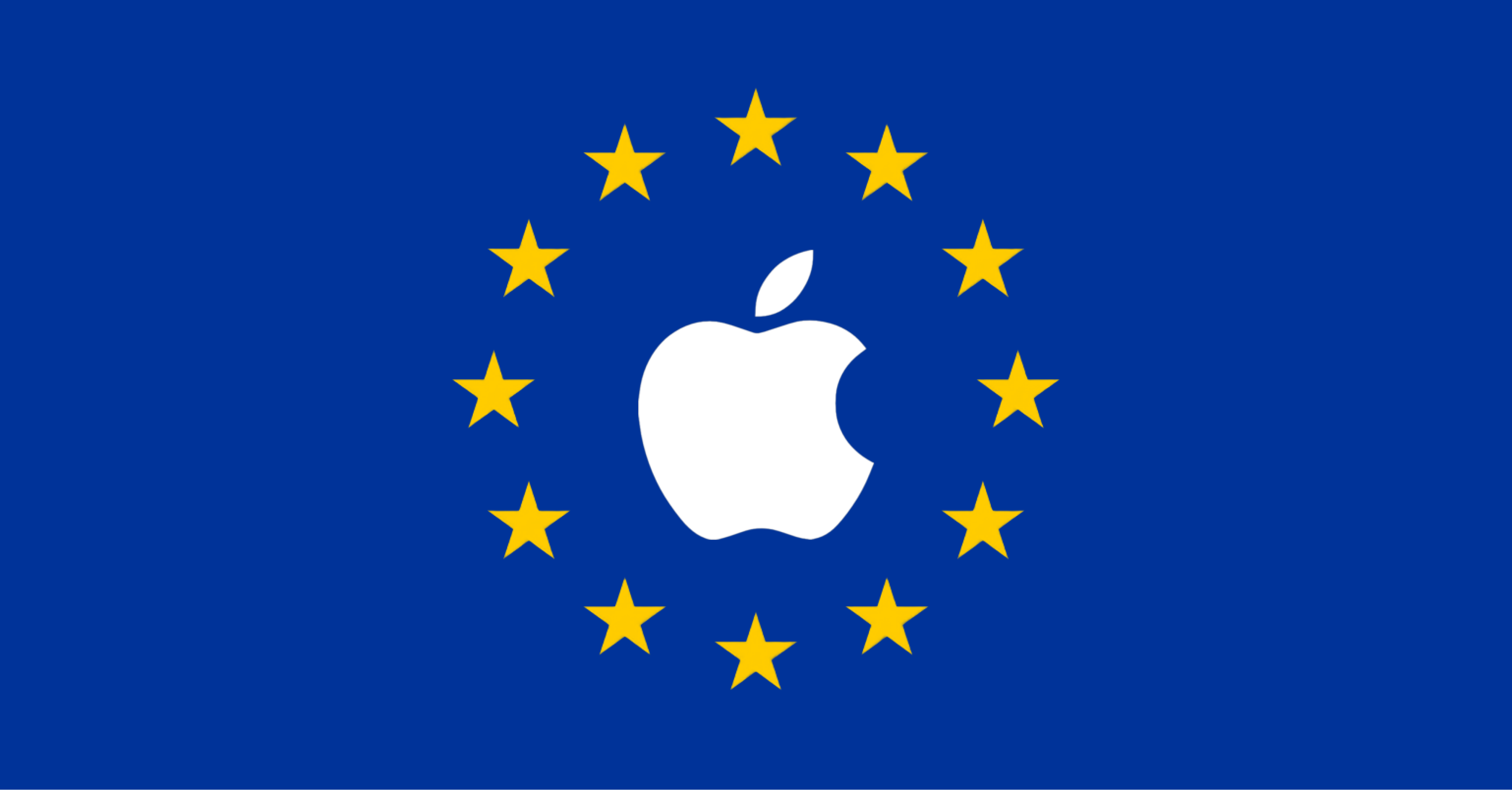Summary
You too, can equip your employees simply with Fleet
Focus on your growth by choosing our all-in-one solution.
Apple has recently made a pivotal decision to exclude some of its latest technologies, especially AI-based innovations, from products destined for the European market. This move is a direct response to the stringent regulations set forth by the European Digital Markets Act, which governs the operations of tech companies across the continent. Notably, advancements such as Siri enhancements and iPhone mirroring capabilities, unveiled at the Worldwide Developers Conference, will not be accessible on European iPhones, iPads, or Macs in the foreseeable future.
Impact on the European market: a shift in consumer behavior
Consequences for Europe
The restriction on available technologies in Europe implies that consumers may have to settle for lesser tech services compared to other regions, potentially putting Europe at a disadvantage in crucial sectors like artificial intelligence and electric vehicles.
Shift in market dynamics and user interaction
Apple's decision to withhold certain advanced technologies from the European market is poised to reshape consumer behavior and the competitive landscape. European companies, stripped of the latest innovations such as enhanced Siri capabilities and iPhone mirroring, might turn to alternative brands. Discover other high-performance computer brands for your IT equipment.
This shift could broaden the diversity of available tech products, intensifying competition and potentially enriching the array of choices for European consumers. Simultaneously, this exclusion could lead to a suboptimal user experience for European consumers. The lack of cutting-edge features might not only dampen the user experience but could also slow down the adoption rate of new technologies. This scenario may drive European users towards brands that offer unrestricted advanced features, potentially altering brand loyalty and market shares. This dual impact highlights the broader implications of regulatory actions on tech innovation and market dynamics, underscoring the delicate balance between regulatory intentions and consumer impact.
Challenges and strategies for Apple: balancing innovation and compliance
Regulatory adaptation
Faced with complex regulations in Europe, Apple must strike a balance between compliance and innovation. The company may need to rethink its strategies to adapt to European market demands or risk weakening its position against more agile regulatory competitors.
Strategic stance
Choosing to confront European rules could bolster Apple's brand image as a leader in uncompromised innovation, but it also carries significant economic risks. Tim Cook appears to believe that challenging European bureaucracy is a necessary gamble for the company's principles of innovation.
Apple’s decision to limit access to certain technologies in Europe marks a critical juncture that could redefine the interactions between American tech giants and European regulators. It underscores the importance of technological diversity and could encourage European companies to expand their technological horizons by turning to other brands that offer competitive innovations.


